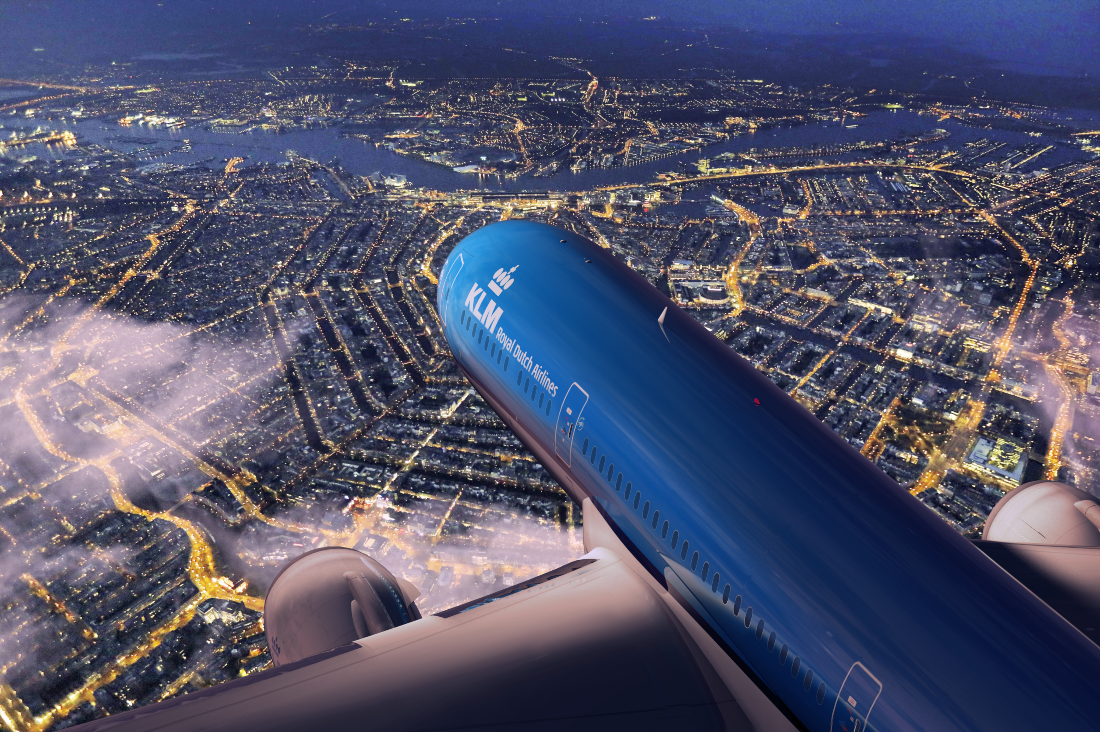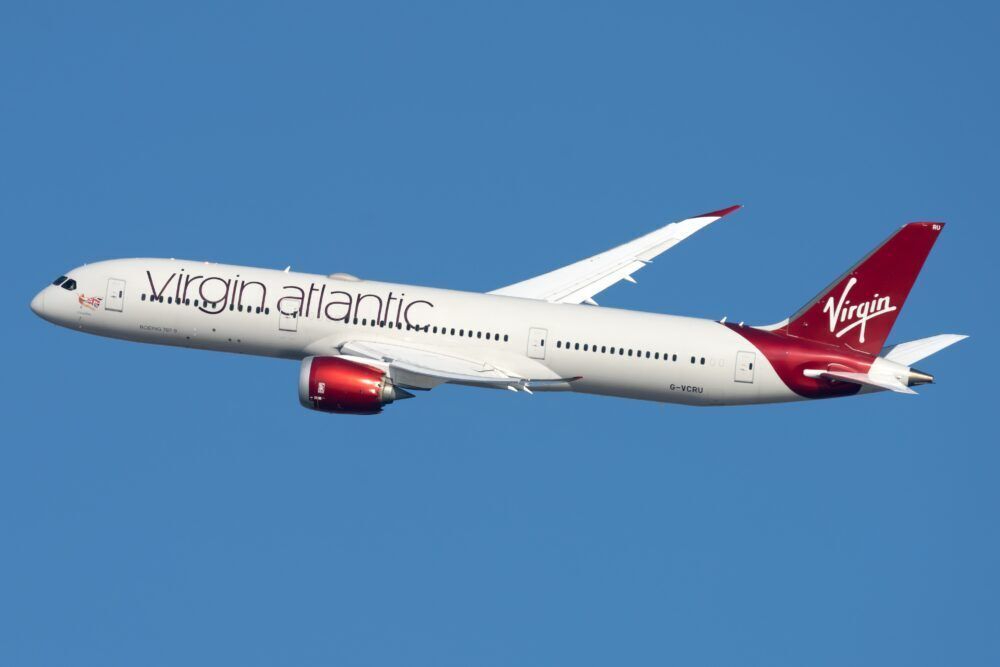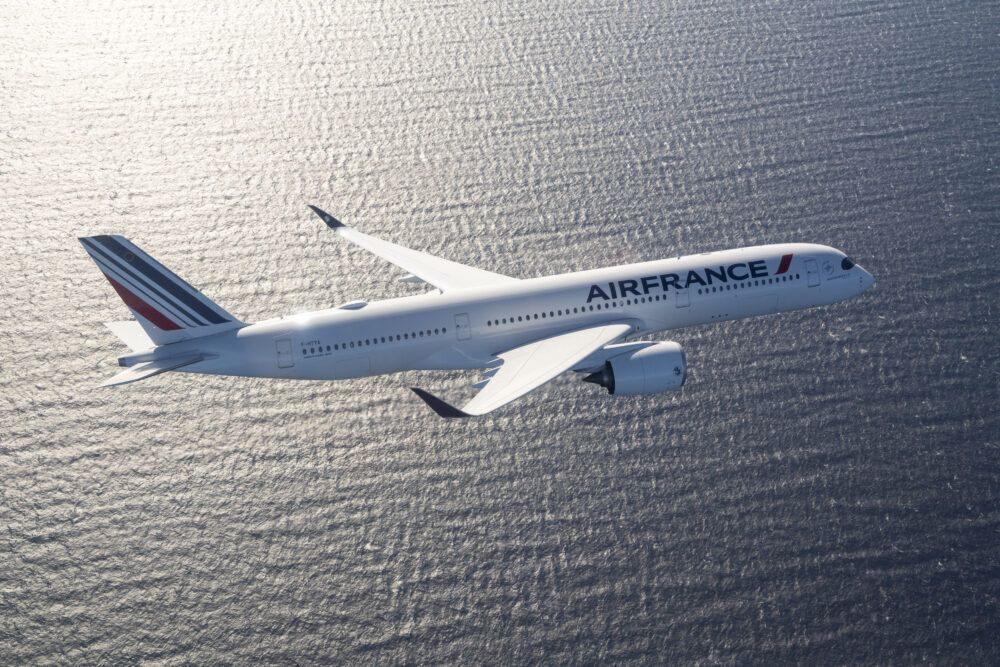The European slot waiver has been a blessing for struggling airlines since the start of the pandemic. But now, the European Commission is set to review its rules ahead of the IATA winter season. Initial conversations suggest not a return to the 80% minimum service level, but to a 60% interim level. Airlines are appealing that the market is not yet recovered enough to support this level of activity, and warn that it could mean they need to operate ghost flights.
The slot waiver is under review
Since early on in the pandemic, Europe’s slot-controlled airports have dropped the requirement for all airlines to operate at least 80% of their allocated slots in order to keep them for the following season. Known as the ‘slot waiver’, this agreement has been renewed in the winter 2020 season and again for summer 2021.
However, the European Commission is set to review its stance on this for the winter 2021 season. The current train of thought is leading it to demand a 60% slot utilization, a move that would be most unwelcome by the airline community in general.
IATA Director General Willie Walsh spoke out with harsh words in a blog post on the topic, saying,
“It is difficult enough for the airline industry battling a pandemic which has shut down 80% of global demand, without also finding its hands are tied by regulators bungling the issue of slots. But that is precisely the situation we find ourselves in.
“It is a mystery to us why the EC is the only regulator that consistently fails to appreciate the scale of the continuing crisis, and the vital importance of preserving the slot system for the post-pandemic aviation world.”
Risking ghost flights
Rikke Christensen is Vice President Networks, Alliances and Commercial Planning at Virgin Atlantic. In a media briefing this week, she reflected on the agility with which Virgin has had to operate during the pandemic, including turning to cargo flights, in order to survive. Much of what Virgin has been able to achieve has been possible only because of the flexibility allowed by the current slot waiver.
Alongside the European Commission, the UK’s CAA is also reviewing its slot flexibility provision for the winter. Christensen was clear that flexibility will remain key for as long as the bulk of the travel restrictions remain in place. She commented,
“We need that full flexibility to be able to be agile, because airlines do want to fly. We really desperately want to fly. We want to, but we need first of all to get rid of the restrictions before we start talking about getting rid of the slot flexibility.
“In the end, what airlines are trying to do is they're trying to plan where customers want to go. But as long as there's restrictions, customers and ourselves don't know where you can actually fly.”
If the European Commission and the CAA were to bring in a 60% utilization rule for the winter, Rikke was clear that it would, ultimately, lead to ghost flights occurring.
“If we didn't have full flexibility, if there were deadlines set way too early, or if there were thresholds on how much we need to fly our slots to keep them, it could be a risk that you will have carriers that need to start flying empty flights to protect our slots.”
Stay informed: Sign up for our daily and weekly aviation news digests.
A competitive quandary
As well as being a VP for Virgin, Rikke is the Chair of IATA’s Slot Policy Working Group. Speaking with this hat on, she voiced the concerns of the wider community of European airlines, which extend beyond ghost flights and into future competitiveness too.
Losing slots at a major airport, particularly for a hub carrier, could be a disaster for its entire network. But the alternative is to fly empty or almost empty planes, ultimately leading to operating that service at a loss. Neither is a great outcome, as Christensen explained,
“It can put them in a very difficult situation also in terms of competitiveness if they're forced to operate their slots and their competitors around the world have more flexibility; if they are forced to fly when there's no demand. But particularly for the bigger hubs, they need to protect those slots, and that will lead to ghost flights.”
While operating empty planes is certainly bad for the airline, it’s hardly in line with the industry’s goals on carbon reduction right now. Rikke said,
“It’s not a good outcome environmentally, and it’s definitely not what airlines need right now, after being in such a crisis for 16 months.”
The Commission is set to finalize its rules for the winter slots by the end of this month.




